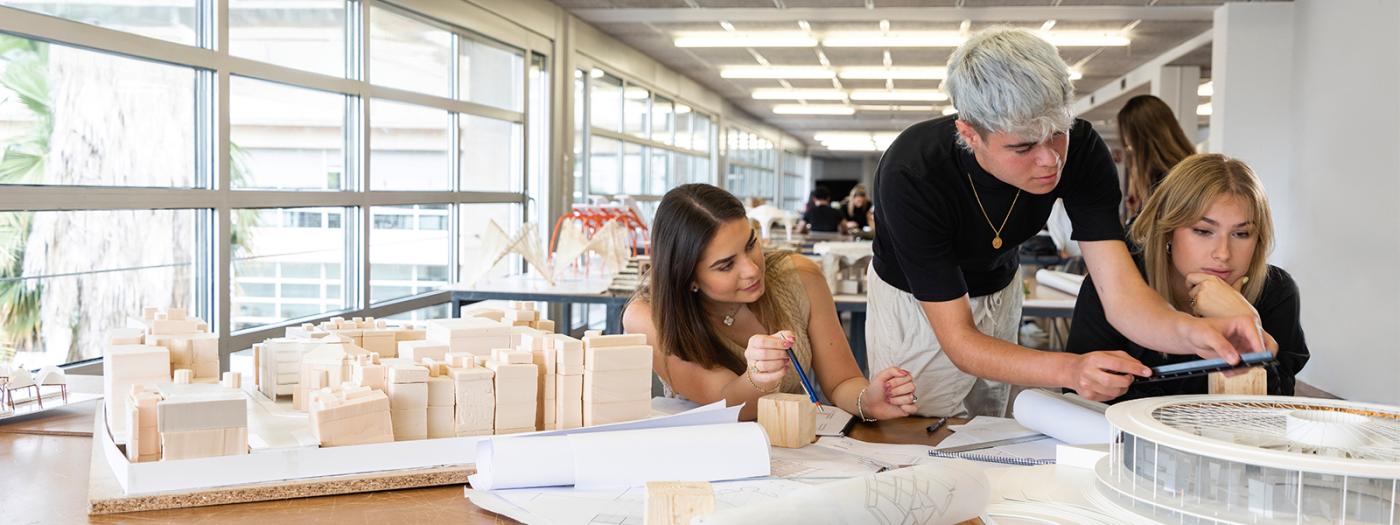· Ability to approximate the cost of construction using empirical methods by identifying and quantifying economic data and applying them to the current reality.
· Prepare technical documents and reports on valuations and costs.
· Decide on different forms of project financing, as well as in the preparation of financial plans and budgets.
· Ability to search, analyze, and select economic information.
GENERAL CONCEPTS
General Concepts. Movable and Immovable Assets. Economic System. Current Legal Framework. Market Value. Characteristics of the Real Estate Market.
PHYSICAL AND GEOMETRIC REAL ESTATE PARAMETERS
Physical and Geometric Real Estate Parameters: General Concepts.
Characteristics and Construction Quality.
Built, Usable, and Developed Area and Volume. Buildability.
VALUATION METHODOLOGY
Preliminary procedures for valuation. Data collection.
Market research.
Documentation of the valuation report.
Sources of information.
REAL ESTATE DEVELOPMENT
Process. Selection of Intervening Agents. Real Estate Process Concepts. Agent Costs.
REAL ESTATE VIABILITY STUDY.
General Concepts.
Method.
Valuation of Real Estate Development.
OBJECTIVES AND DEVELOPMENT OF PROJECT MANAGEMENT IN PRELIMINARY PHASES.
Phase Objectives. Cost structure definition in the preliminary and previous phase.
Determination of the project's cash flow.
Geotechnical, topographic, and specialist studies.
Constraints and risks in the phases.
Problem-solving and exercise classes
Pre-professional work placements
Seminar
Self-paced learning
Flipped classroom
Gamification
Peer instruction
Real-world events
Challenge-based learning
Exams
Assignments
Internal/External Reports
Group/Individual Presentations
Self-evaluation
Class participation/attendance
Critiques by a panel/jury
